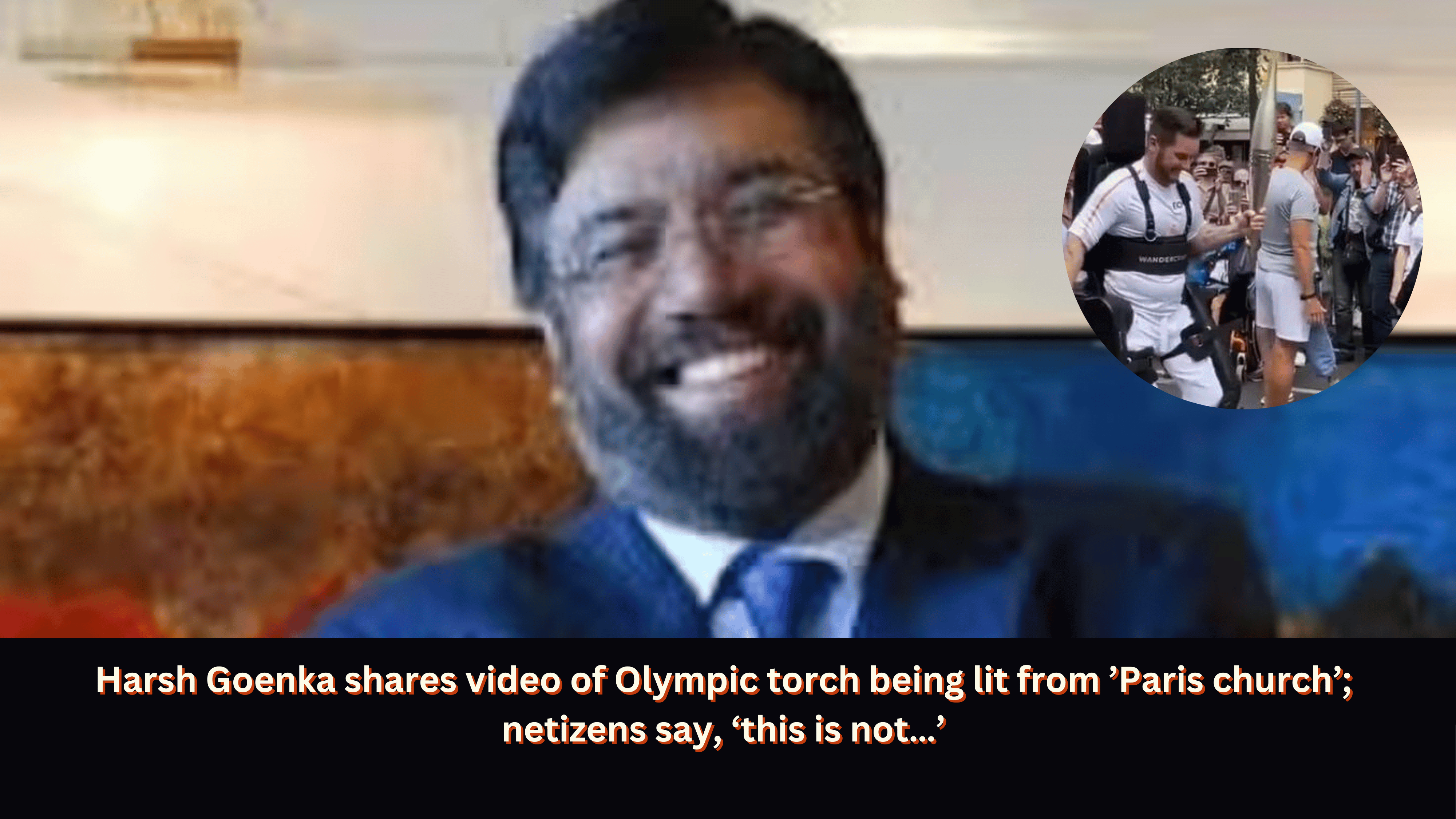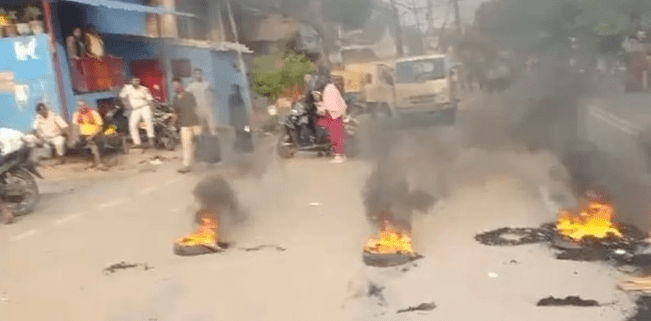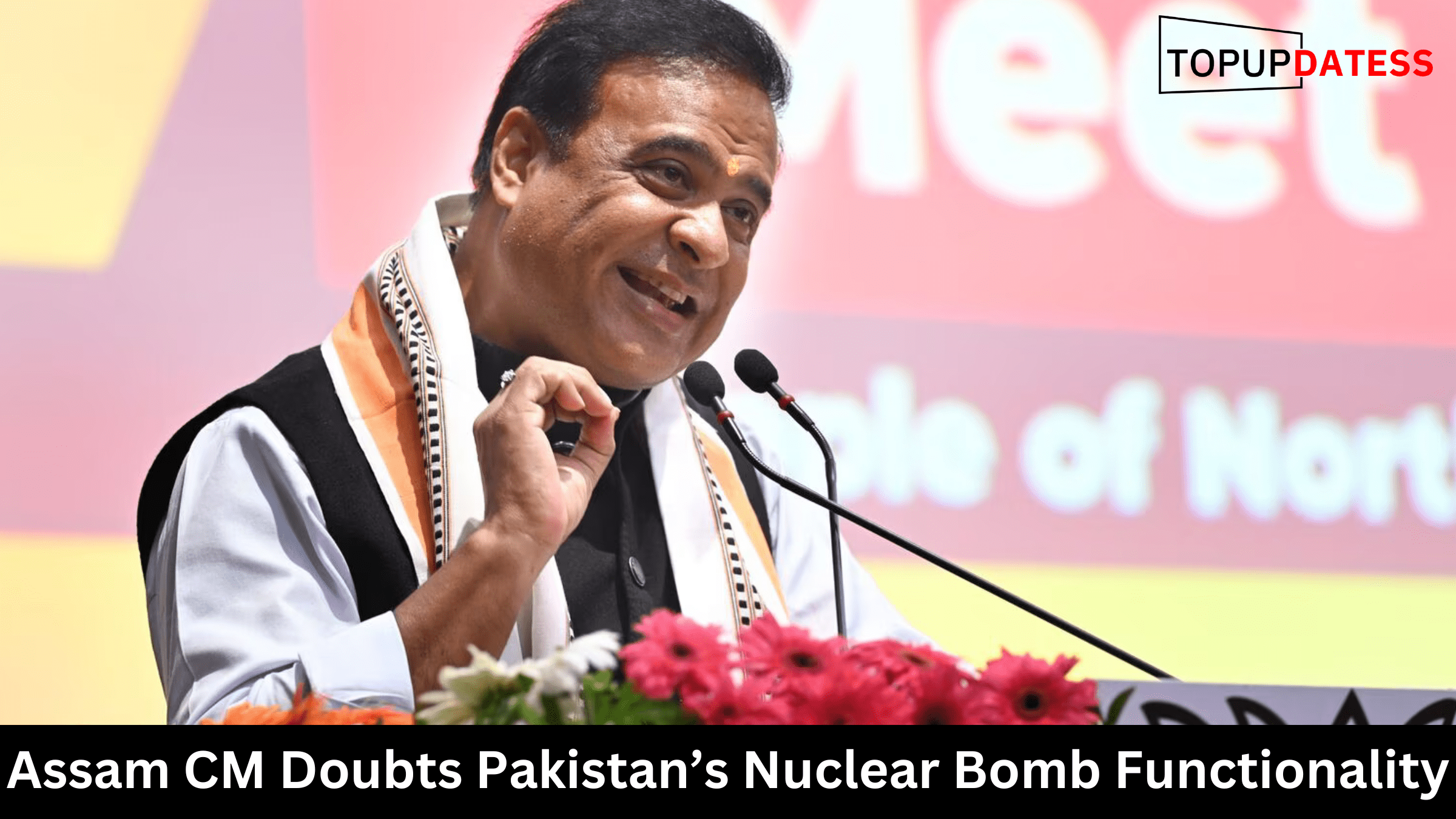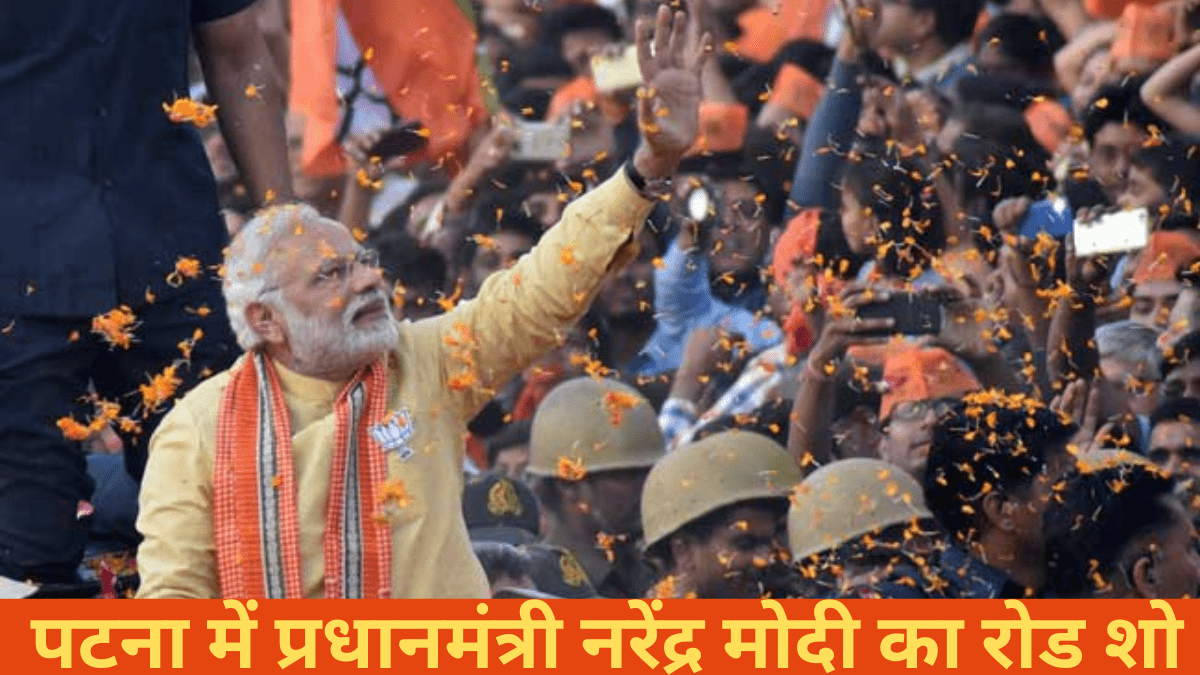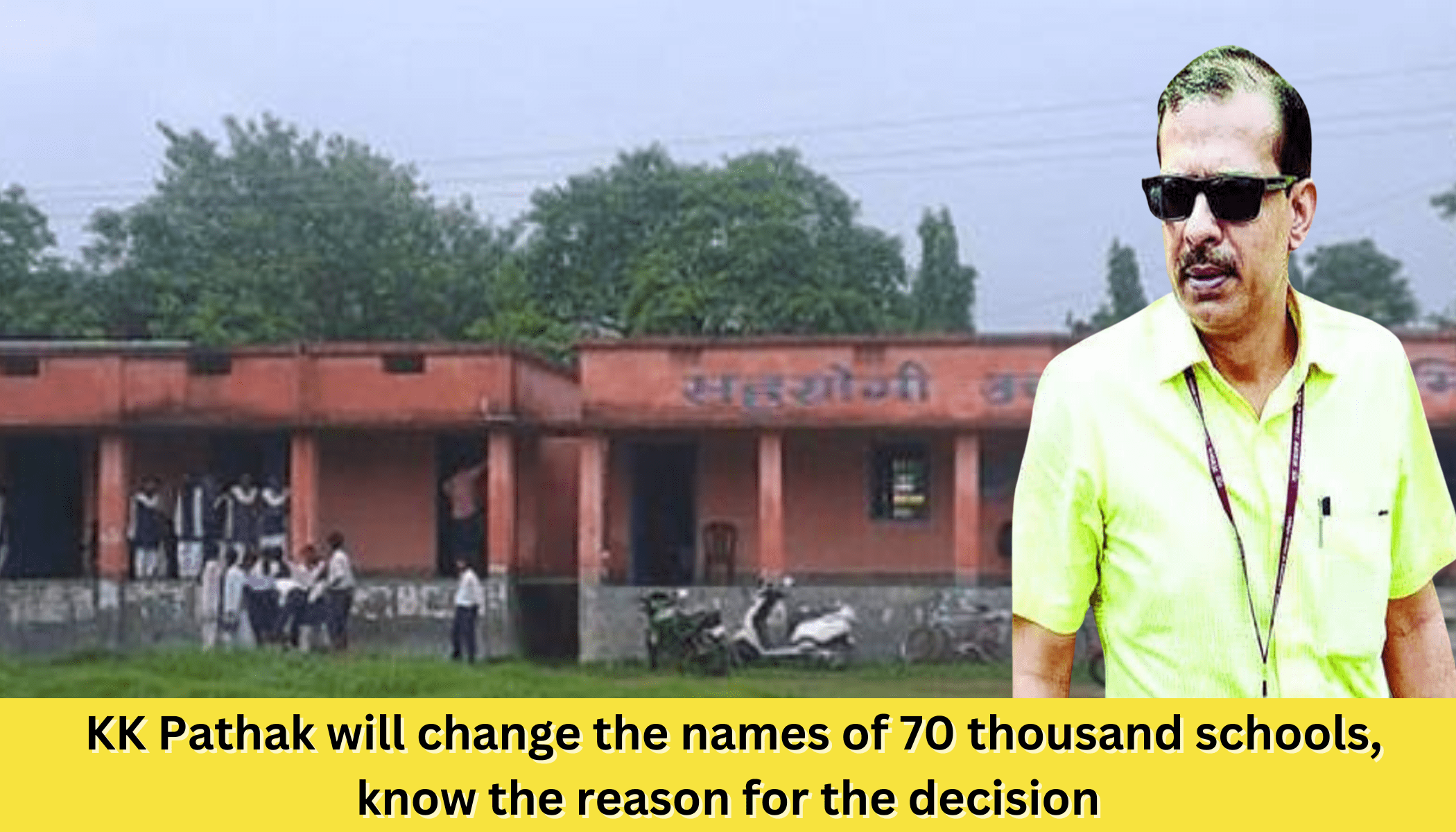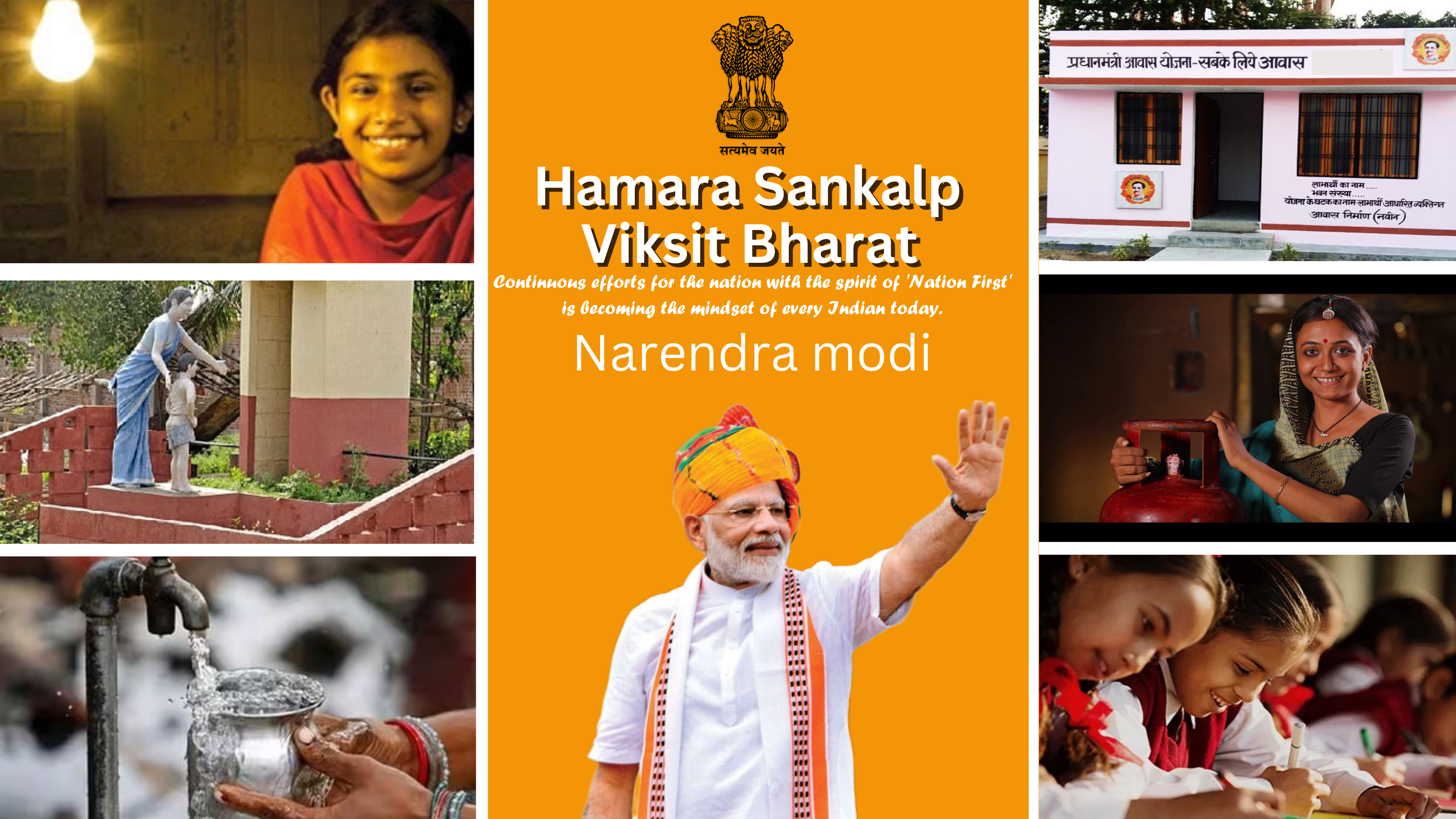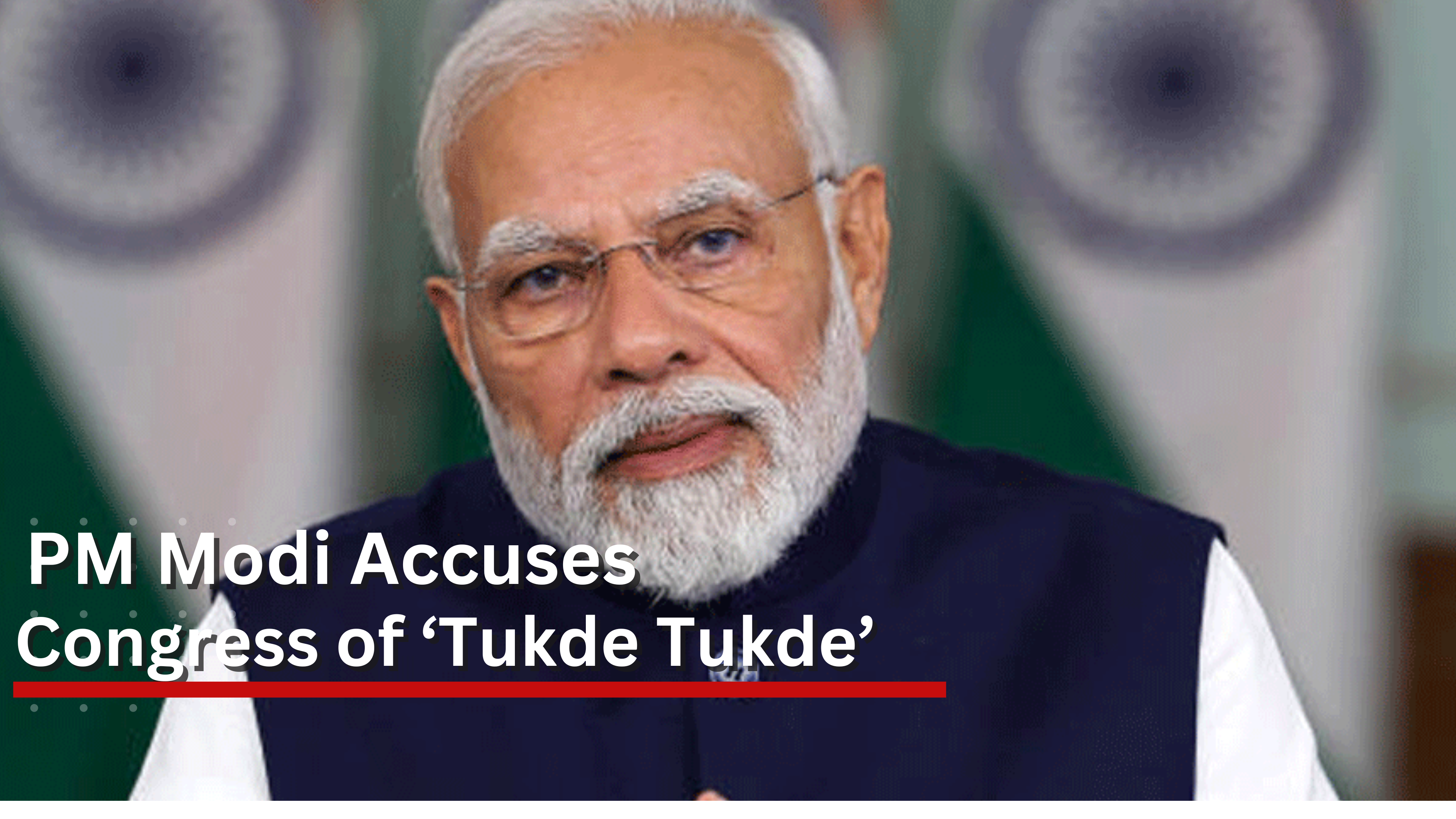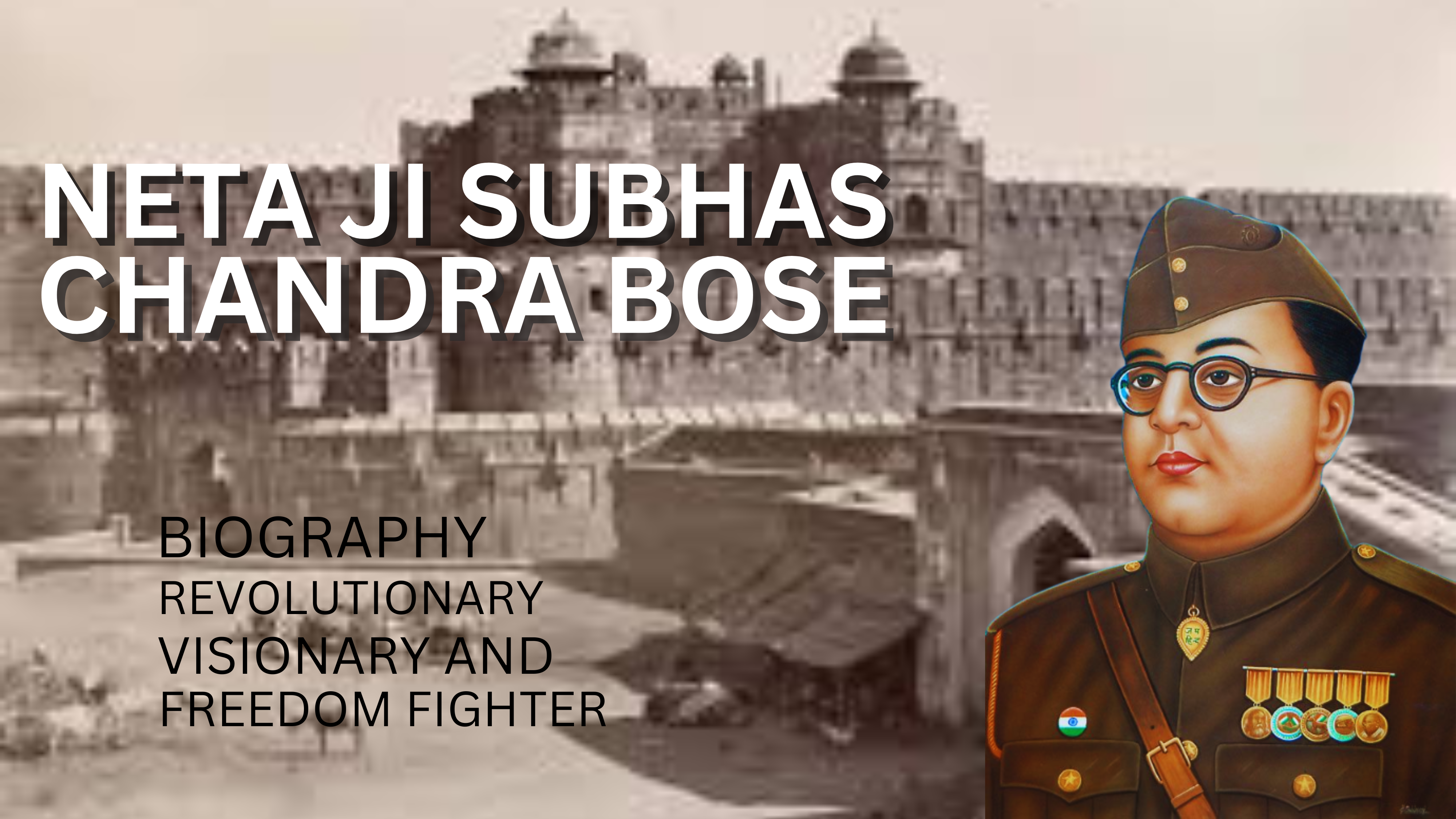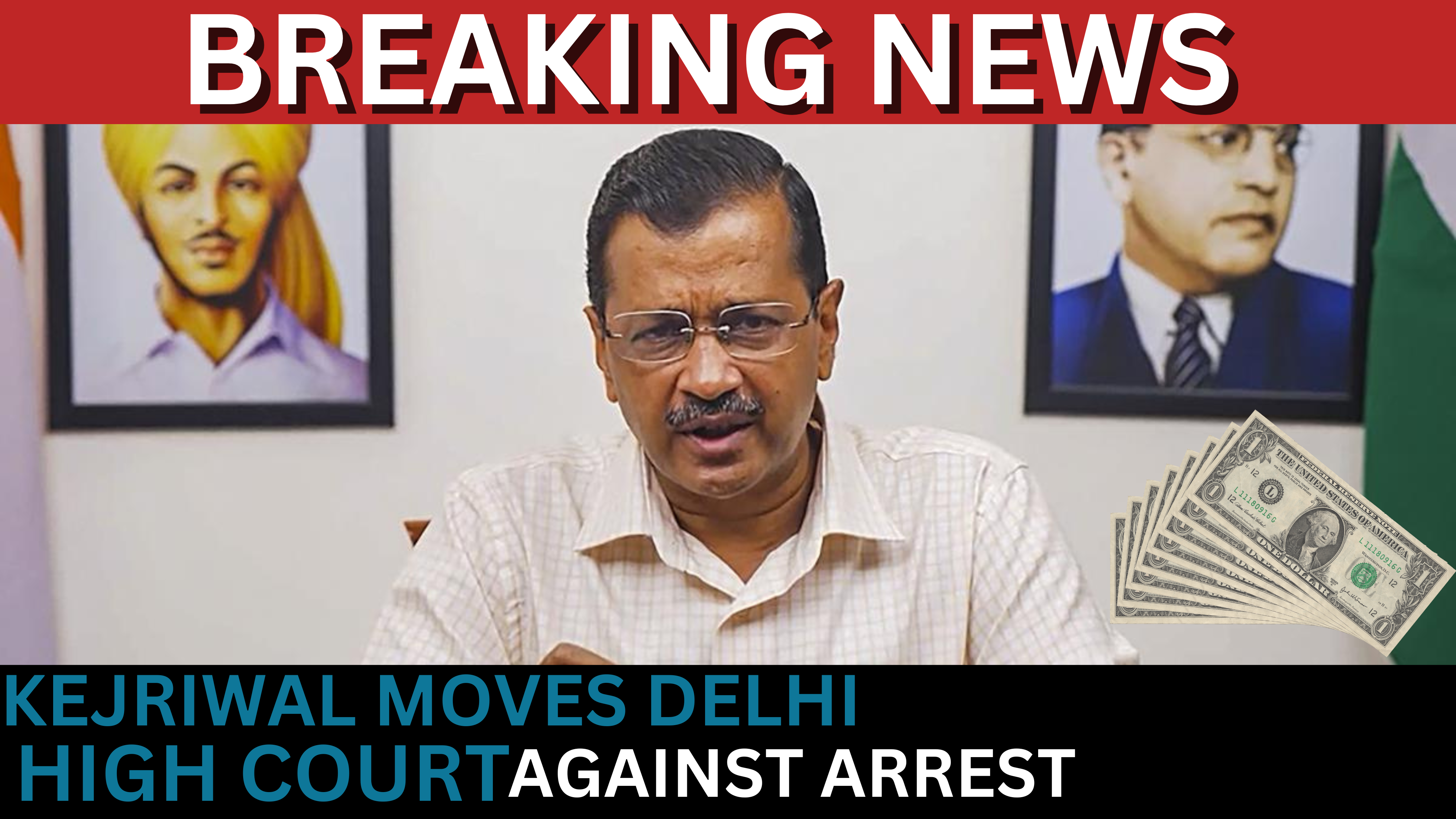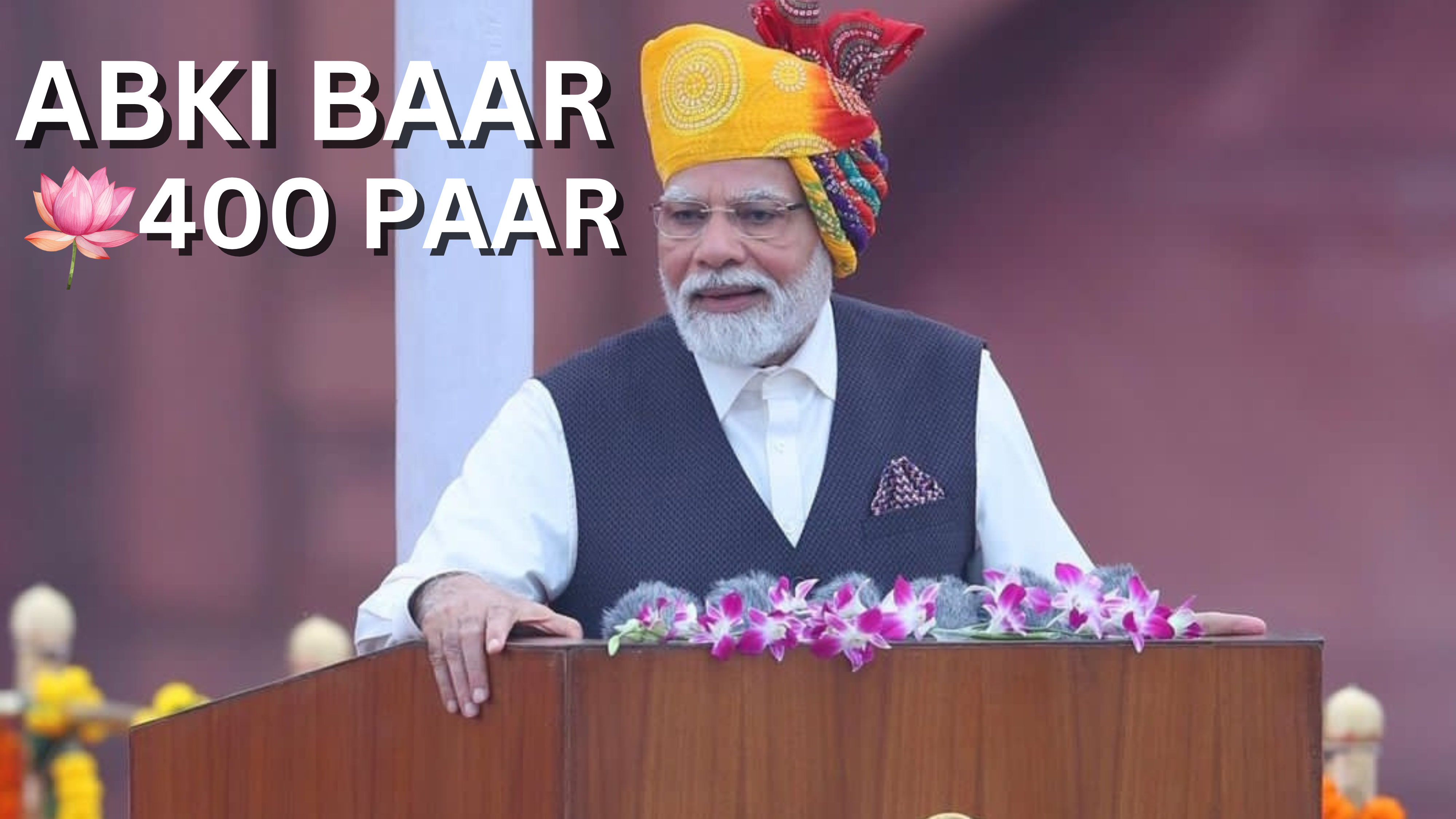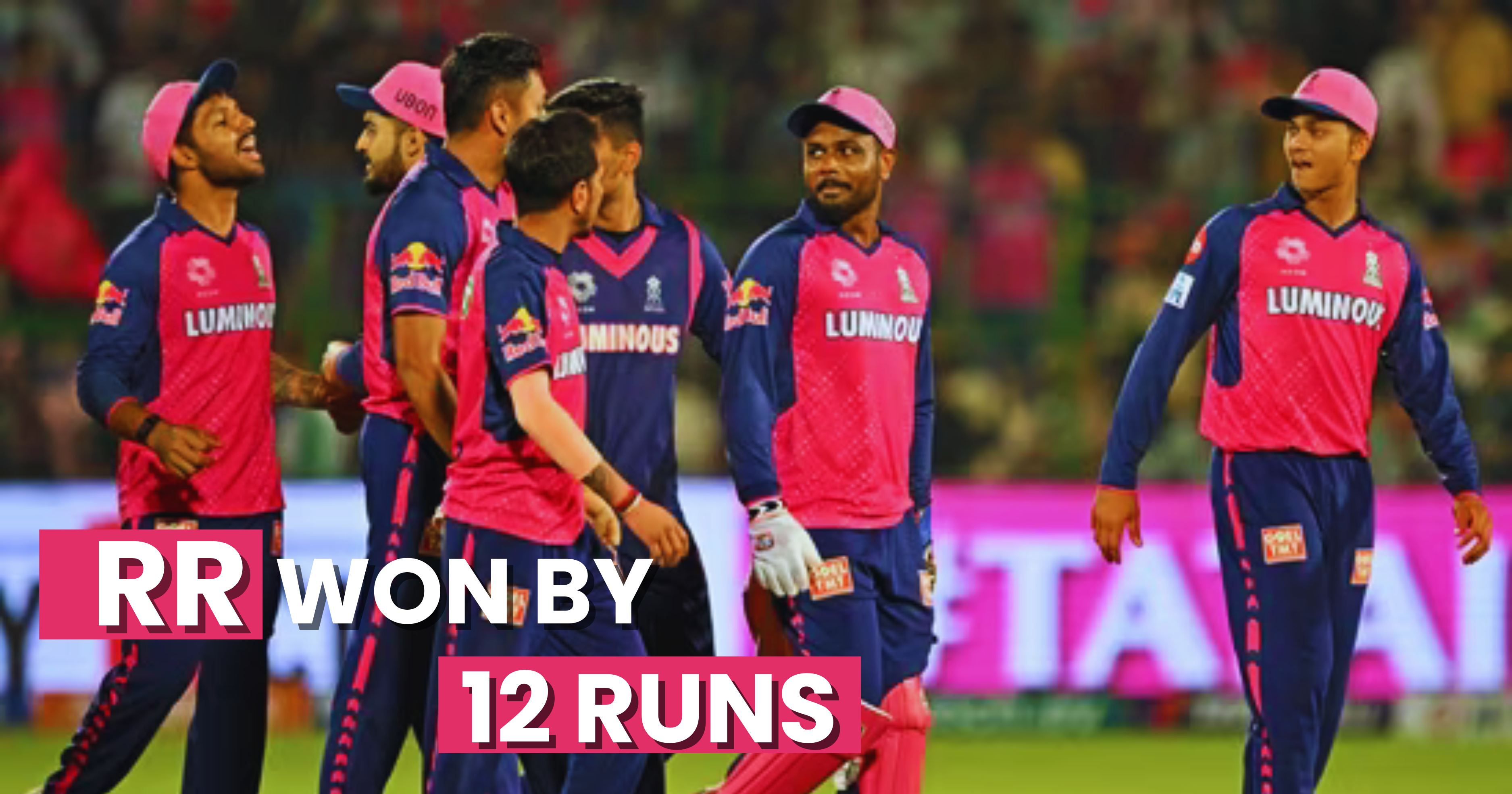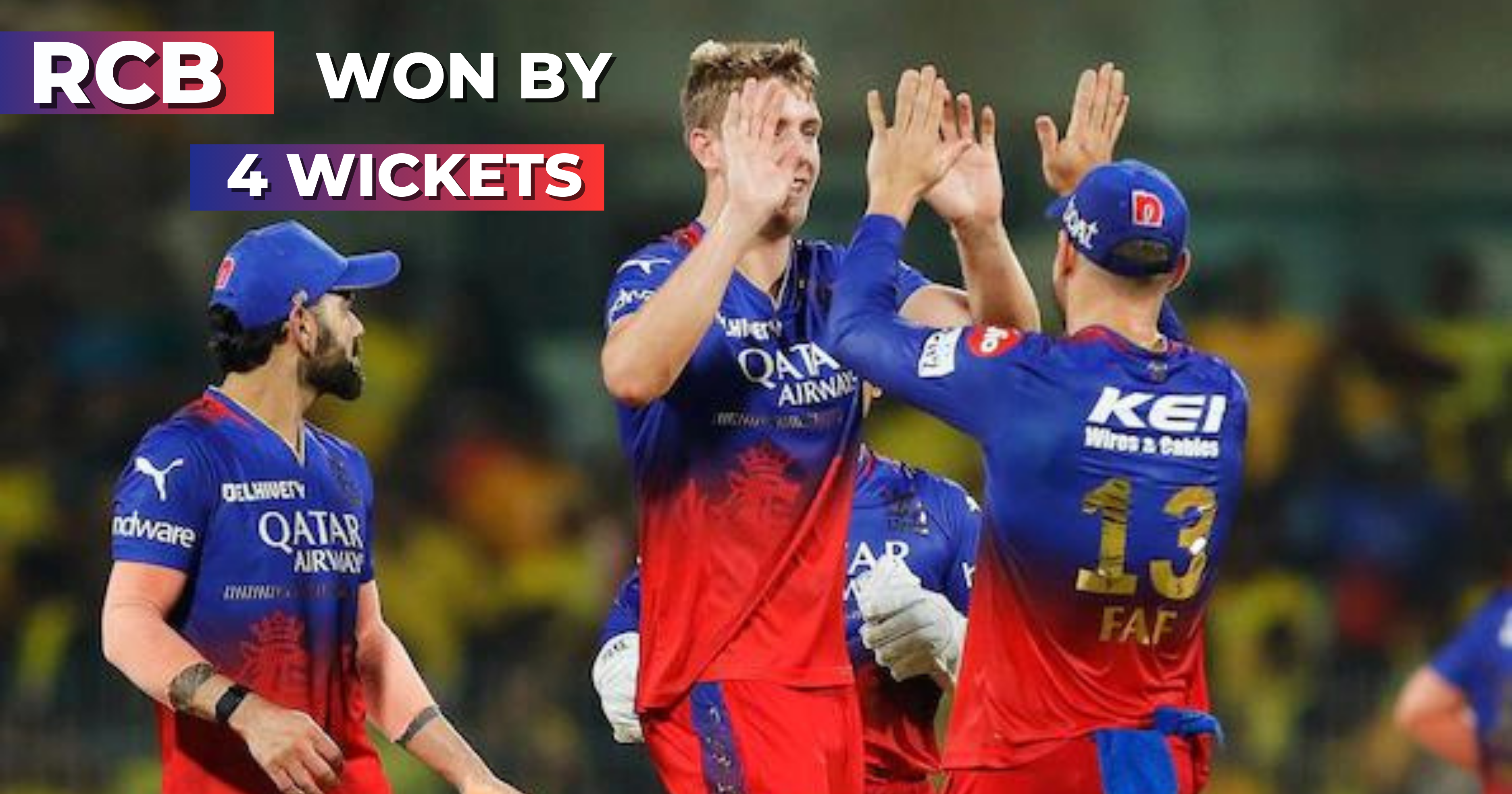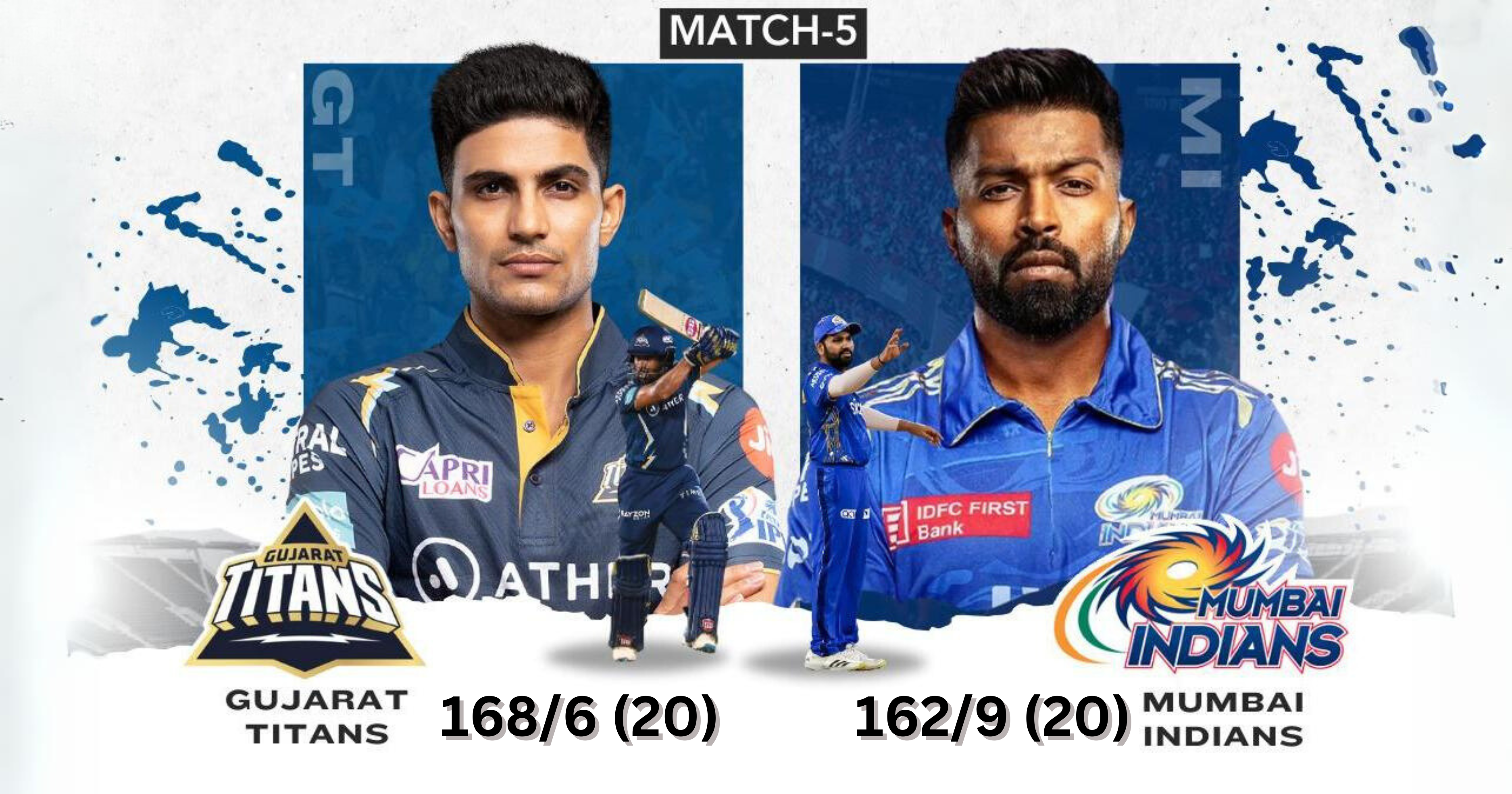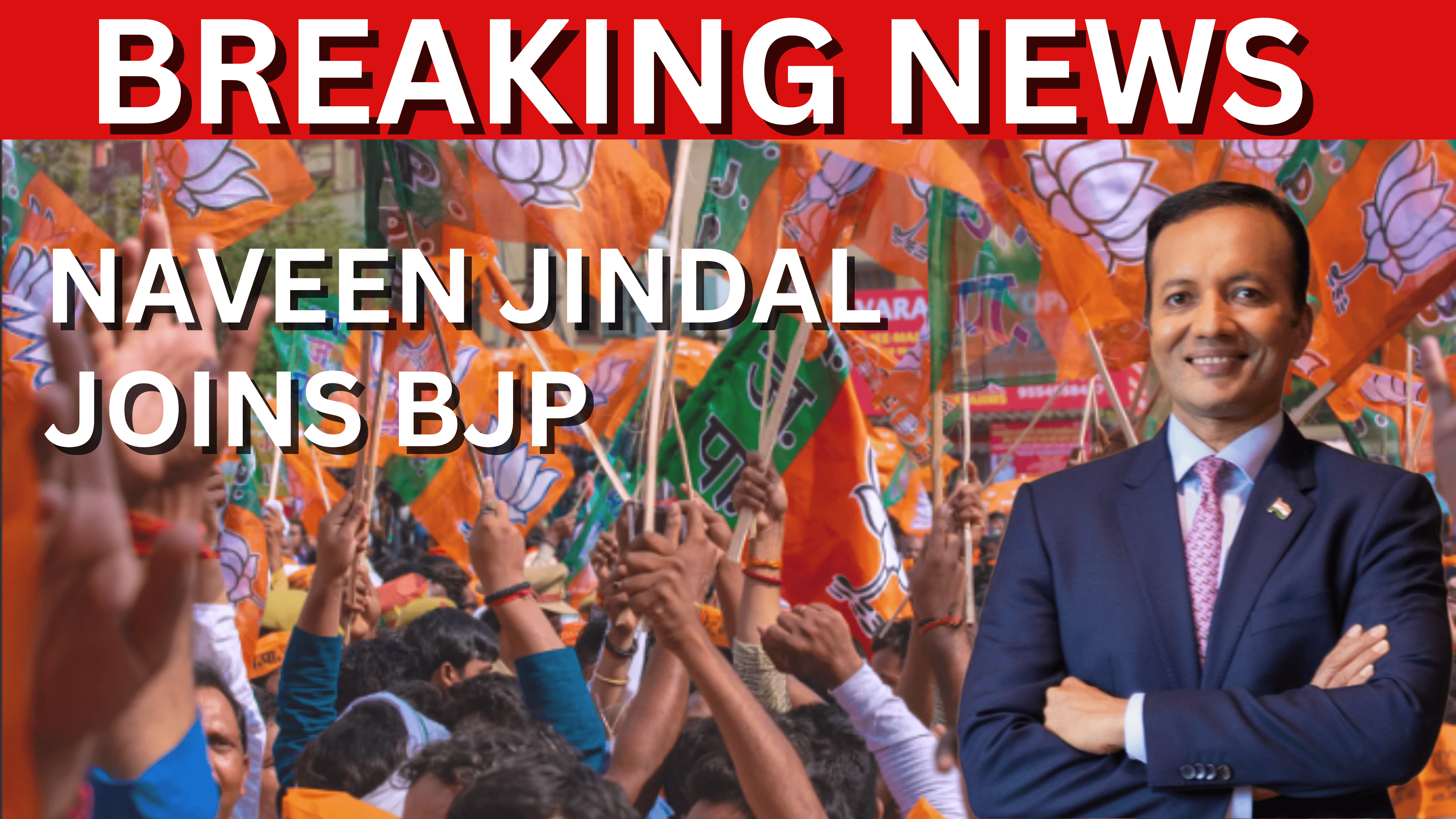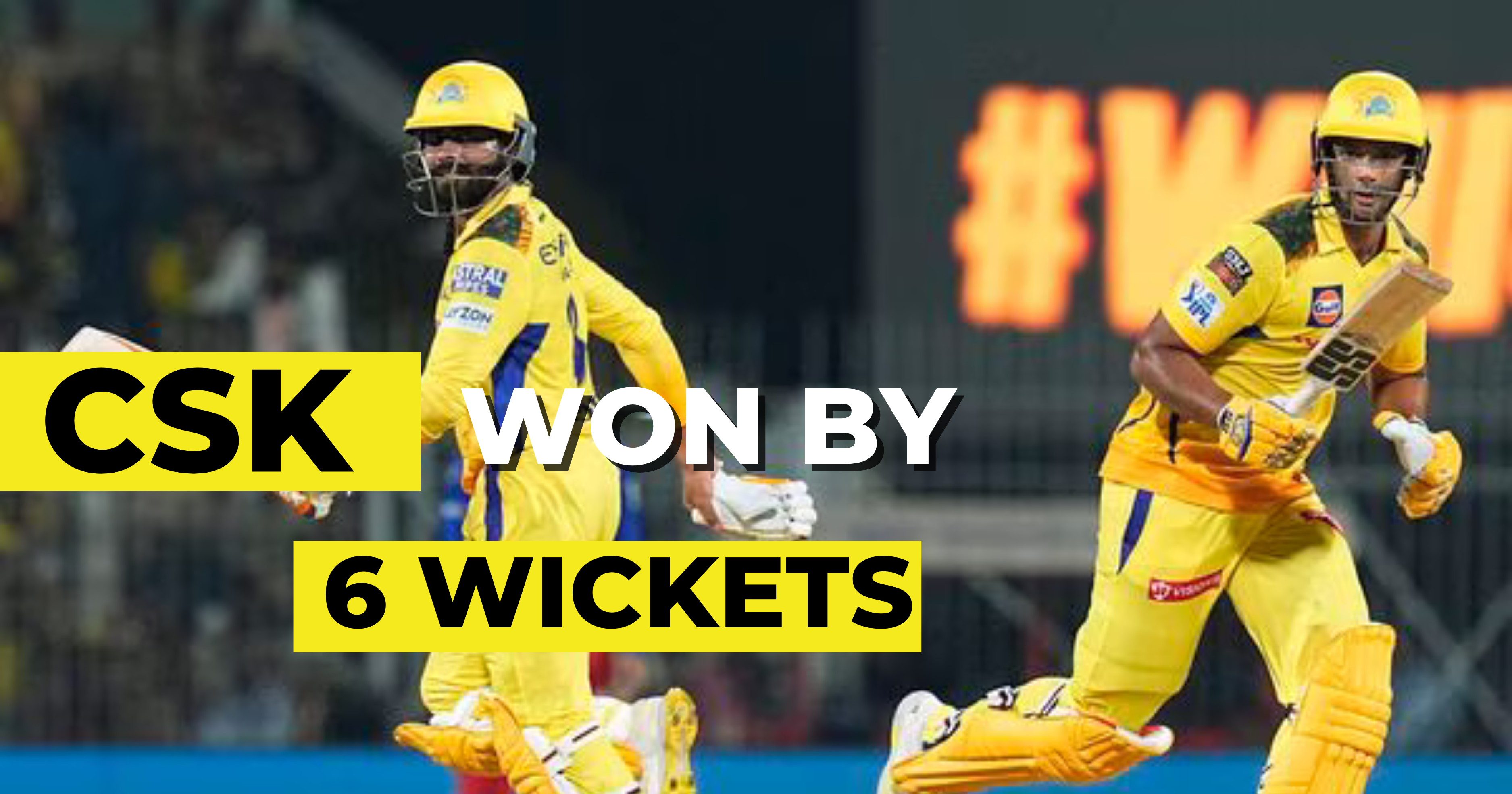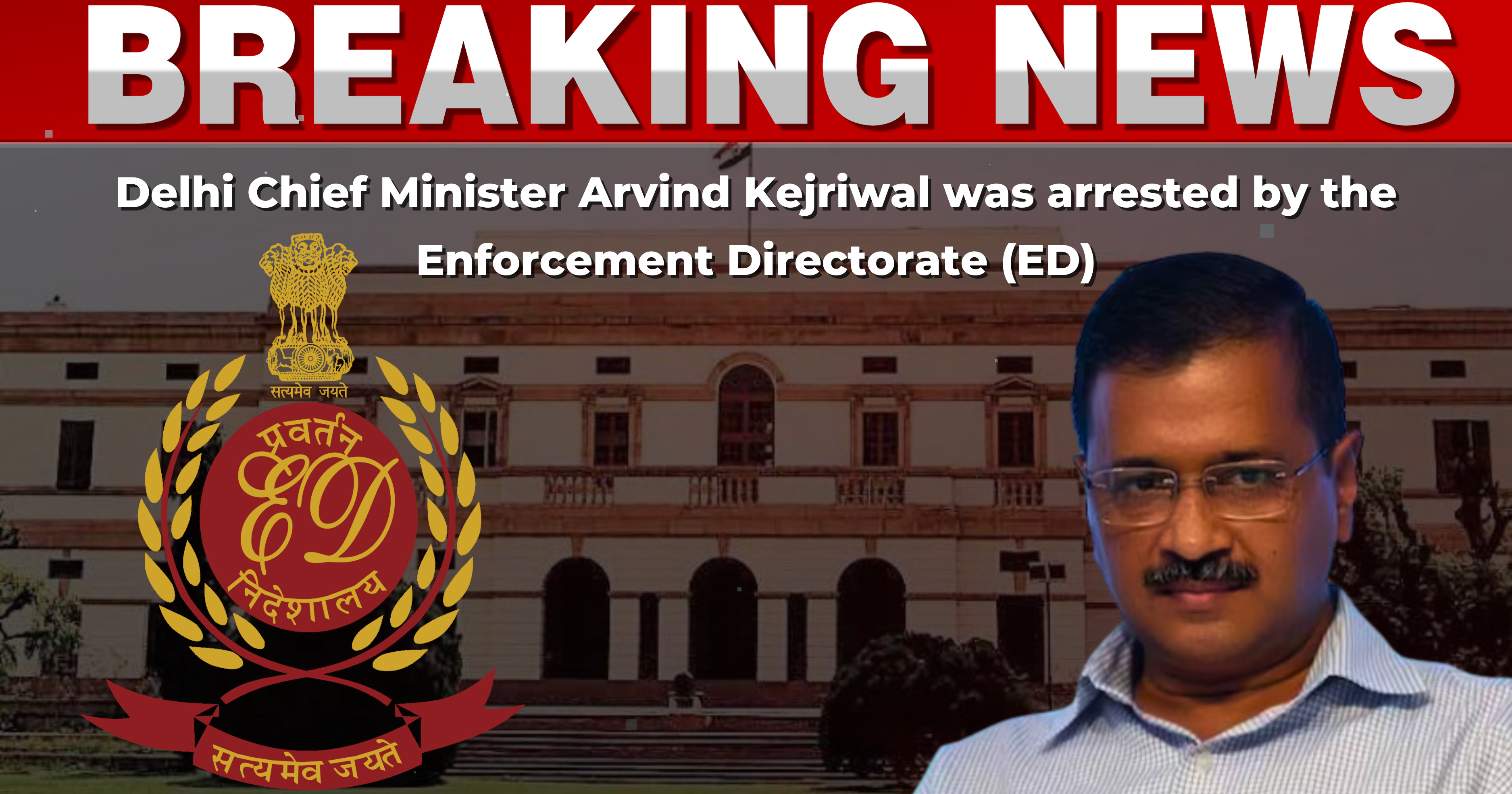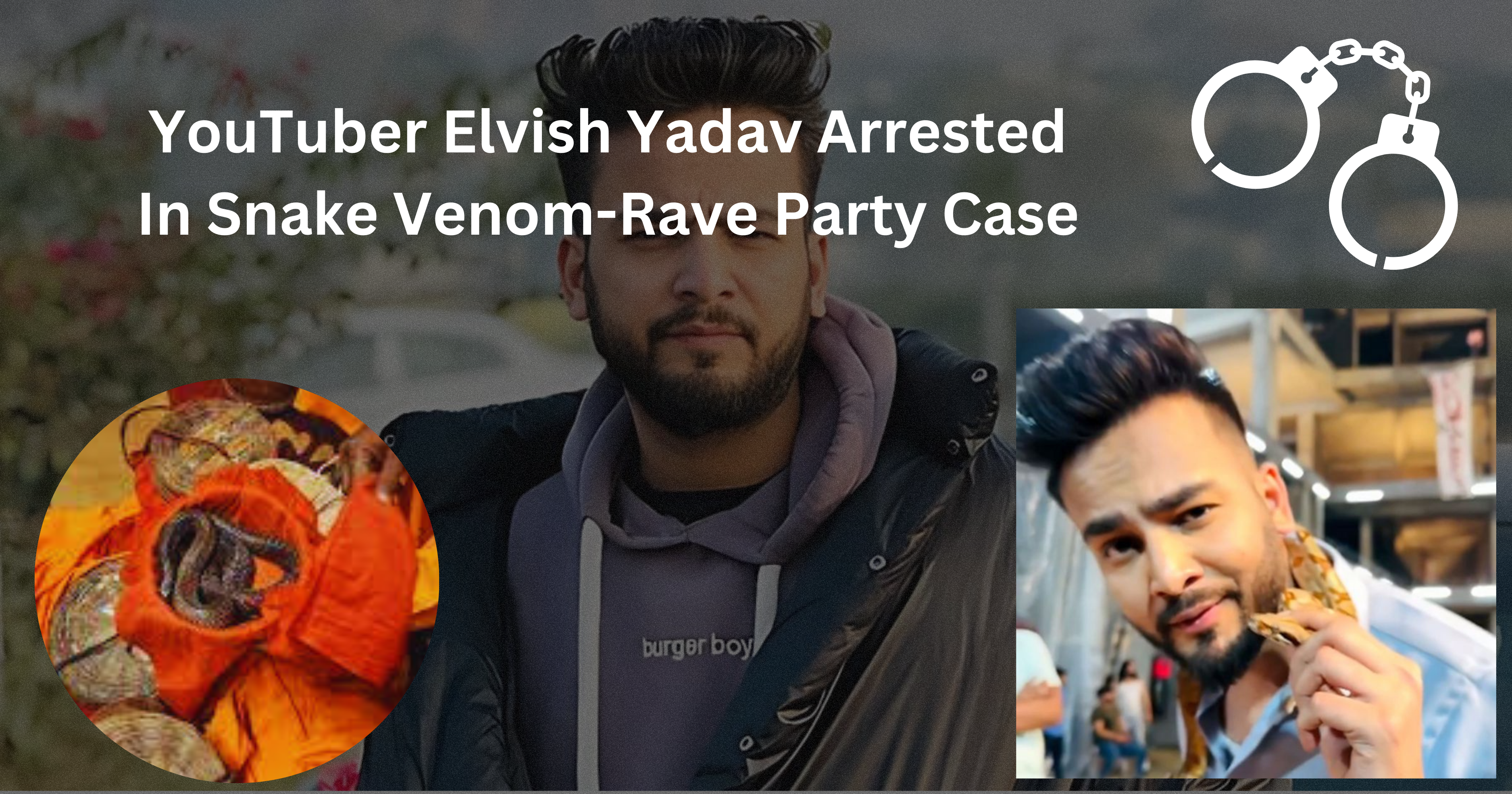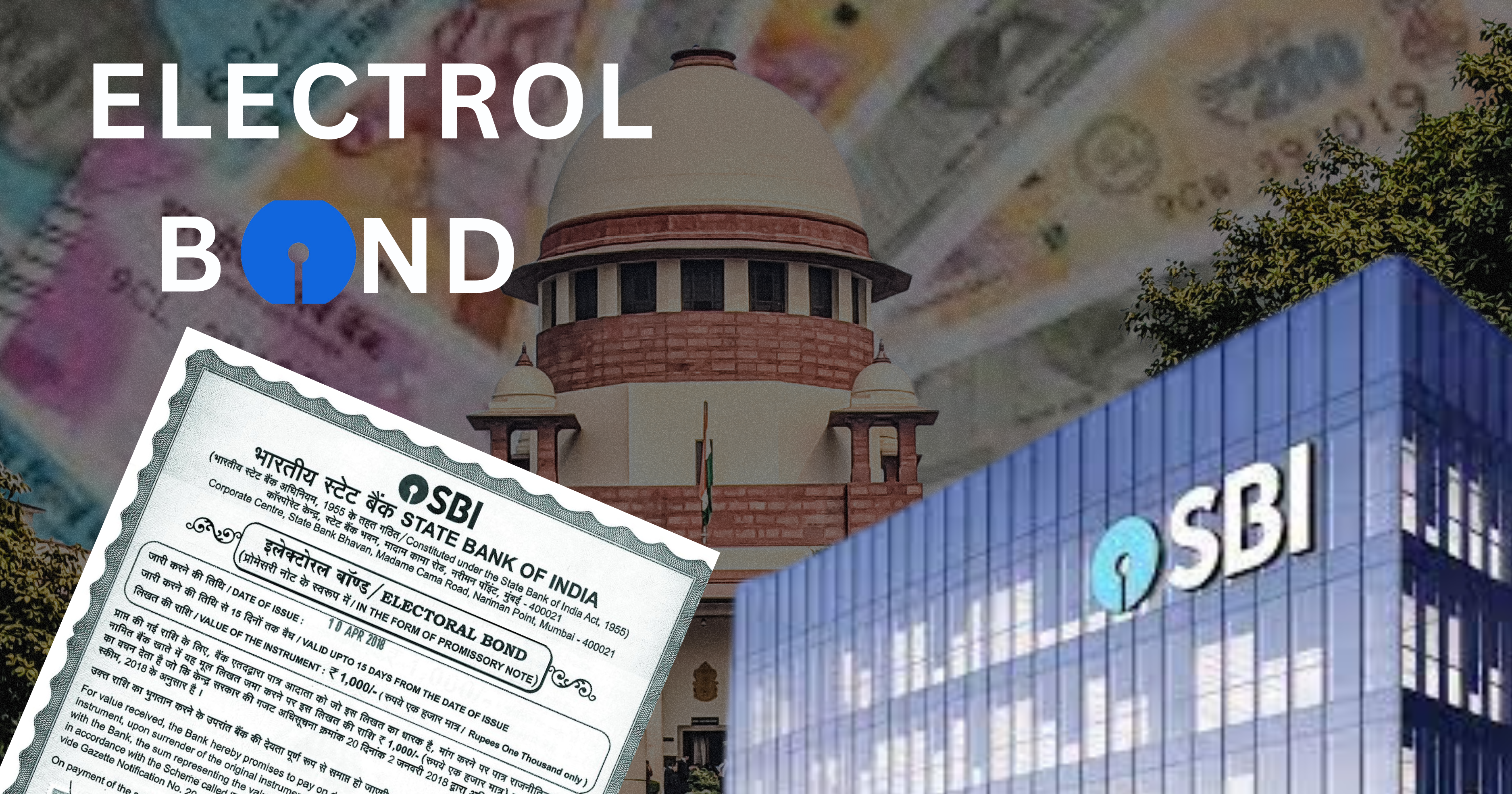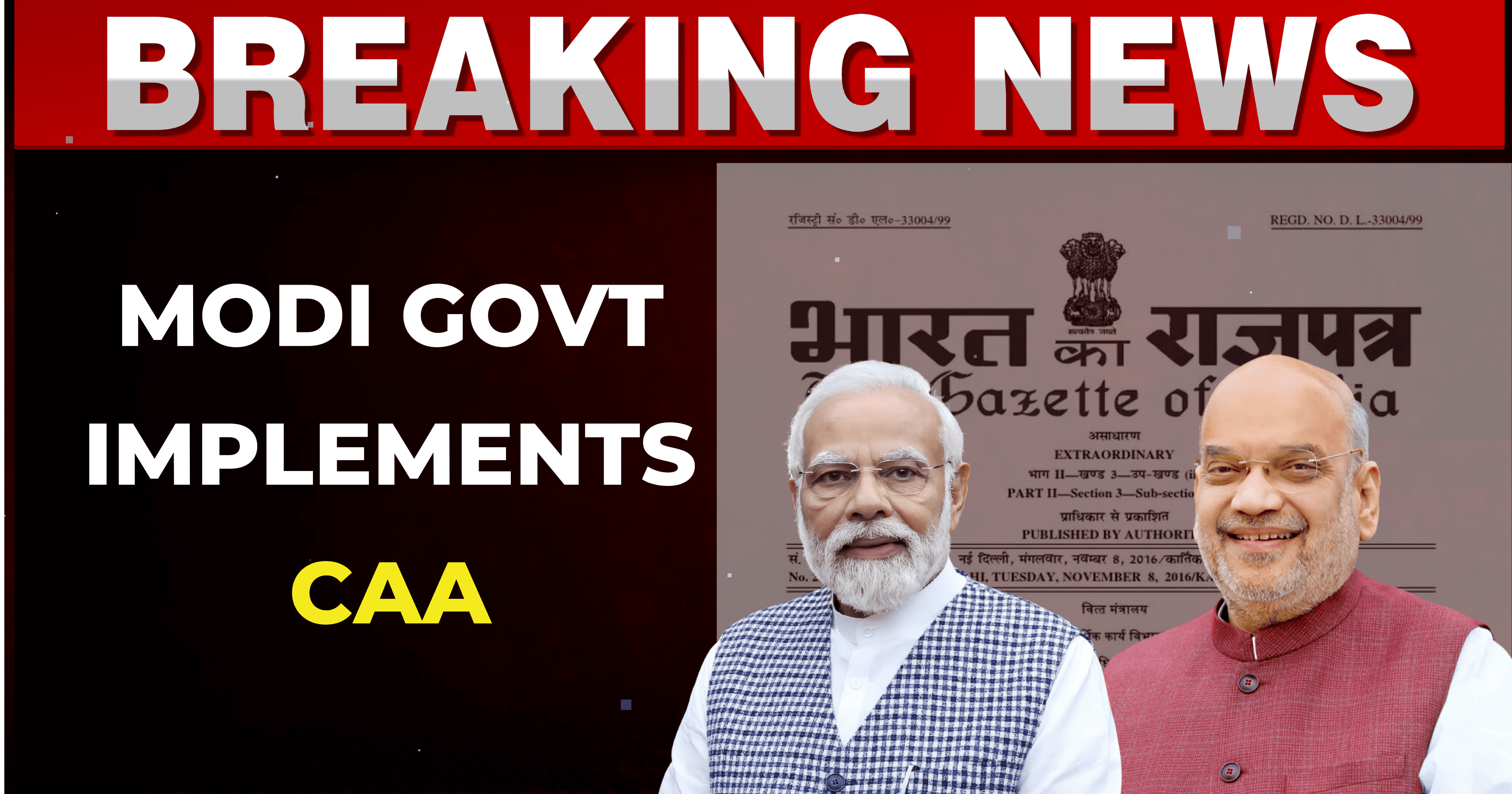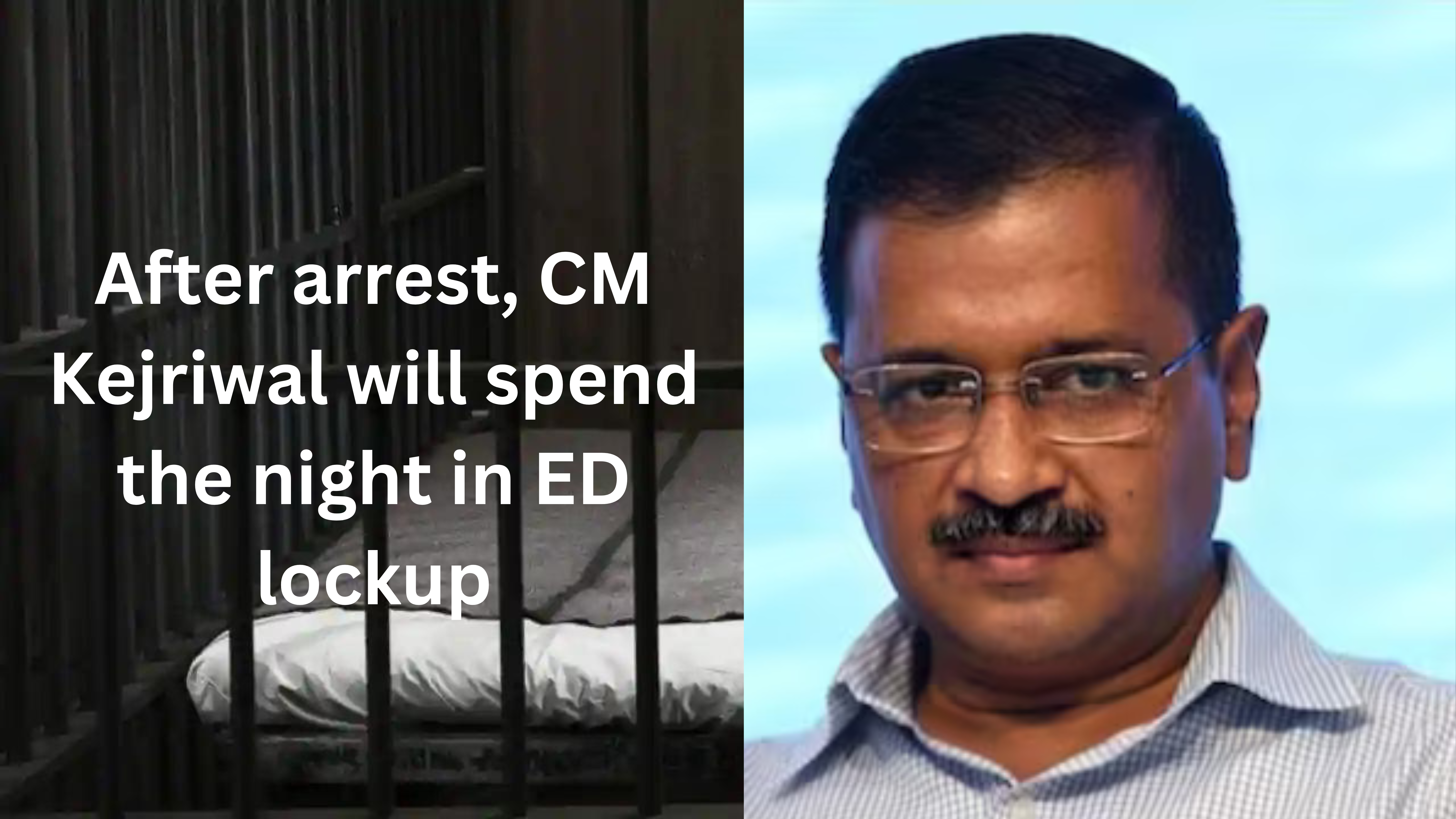
The recent arrest of Delhi Chief Minister Arvind Kejriwal by the Enforcement Directorate (ED) has sent shockwaves through the political landscape. As the first sitting Chief Minister to face such an ordeal, Kejriwal’s detention raises questions about the intersection of power, accountability, and justice.
The Arrest
On a fateful evening, an ED team arrived at Kejriwal’s residence armed with a summons. The Chief Minister, implicated in a money laundering case linked to the excise policy, was subjected to intense questioning for nearly two hours. The Delhi Police heightened security around his home, and the developments unfolded rapidly.
Earlier in the day, the Delhi High Court had denied Kejriwal protection from coercive action by the agency. The legal battle had reached a critical juncture, and the ED’s move was decisive.
Political Reactions
Congress leader Rahul Gandhi minced no words, calling the situation a desperate attempt by a “scared dictator” to dismantle democracy. He highlighted the erosion of institutions, media manipulation, party fragmentation, and corporate influence. Now, even the arrest of elected Chief Ministers has become commonplace—an alarming sign for India’s democratic fabric.
The BJP, on the other hand, demanded Kejriwal’s immediate resignation. Delhi BJP President Virendra Sachdeva hailed the arrest as a victory against corruption. The liquor scam revelations had exposed a web of financial irregularities, and Kejriwal’s arrest was seen as a necessary step toward accountability.
Kejriwal’s Resilience
As the night descended, Kejriwal found himself in the ED lockup—a stark contrast to the corridors of power he had once walked. The cold, sterile walls echoed with the weight of allegations and legal proceedings. His thoughts must have raced—about his political journey, the promises he made, and the challenges ahead.
In the dim light, Kejriwal might have wondered about the millions who had entrusted him with their hopes. The same people who now watched news channels dissect every detail of his arrest. Sleep would elude him, replaced by contemplation and resolve.
The Night in the ED Lockup
As the night descended, Kejriwal found himself in the ED lockup—a stark contrast to the corridors of power he had once walked. The cold, sterile walls echoed with the weight of allegations and legal proceedings. His thoughts must have raced—about his political journey, the promises he made, and the challenges ahead.
In the dim light, Kejriwal might have wondered about the millions who had entrusted him with their hopes. The same people who now watched news channels dissect every detail of his arrest. Sleep would elude him, replaced by contemplation and resolve.
The Weight of Allegations
Kejriwal’s mind raced. The allegations against him were serious—money laundering, financial irregularities, and a web of deceit. He wondered how it had come to this. Was it ambition? Idealism? Or perhaps the murky world of politics had ensnared him, pulling him deeper into its labyrinth.
His political journey flashed before his eyes—the anti-corruption movement, the promise of a new kind of politics, and the hope he had ignited in millions. But now, the same people who had cheered him on were watching news channels dissect every detail of his arrest. The court of public opinion was swift and unforgiving.
The Faces of Democracy
Kejriwal thought about the faces he had encountered—the hopeful ones at rallies, the skeptical ones in interviews, and the weary ones in government offices. He had promised change, transparency, and accountability. Yet here he was, grappling with the very forces he had vowed to dismantle.
Outside, his supporters held vigil. Their chants echoed through the night—some unwavering in their faith, others questioning. Democracy was a delicate balance, and Kejriwal’s arrest had tilted the scales. The corridors of power whispered, “Will this be a turning point?
The Dawn of a New Day
As the sun rise, Kejriwal prepared to face the court. His supporters rallied outside, their faith unshaken. The courtroom would witness arguments, evidence, and perhaps a glimpse of justice. But beyond the legal battle, Kejriwal’s arrest had become a symbol—a reminder that no position is immune to scrutiny.
In the corridors of power, whispers echoed: “Will this be a turning point?” Only time would tell. For now, Arvind Kejriwal, the Chief Minister in custody, stood at the crossroads of history.
The Tug of Duty
Sleep eluded him. Instead, he pondered his duty—the oath he had taken to serve the people. Could he govern from within these sterile walls? Would justice prevail, or would he become a mere footnote in the annals of political history? The weight of responsibility pressed down on his shoulders.
The Dawn Breaks
As dawn approached, Kejriwal prepared for the court appearance. His rumpled kurta and sleep-deprived eyes told a story of resilience. The courtroom would witness arguments, evidence, and legal jousting. But beyond the legal battle, this was a battle for ideals—a reminder that no position, however lofty, was immune to scrutiny.
Outside, the sun rose over Delhi. The city stirred—the traffic, the chaiwalas, the bureaucrats—all unaware of the drama unfolding within the ED office. Kejriwal’s fate hung in the balance, and India watched. The nation grappled with questions about democracy, integrity, and the fragility of power.
Conclusion
The arrest of a Chief Minister is not just a legal event; it reverberates through the collective consciousness. It reminds us that power carries responsibility, and accountability knows no exceptions. As Kejriwal awaits his fate, India watches—a nation grappling with questions about democracy, integrity, and the delicate balance between governance and justice.


